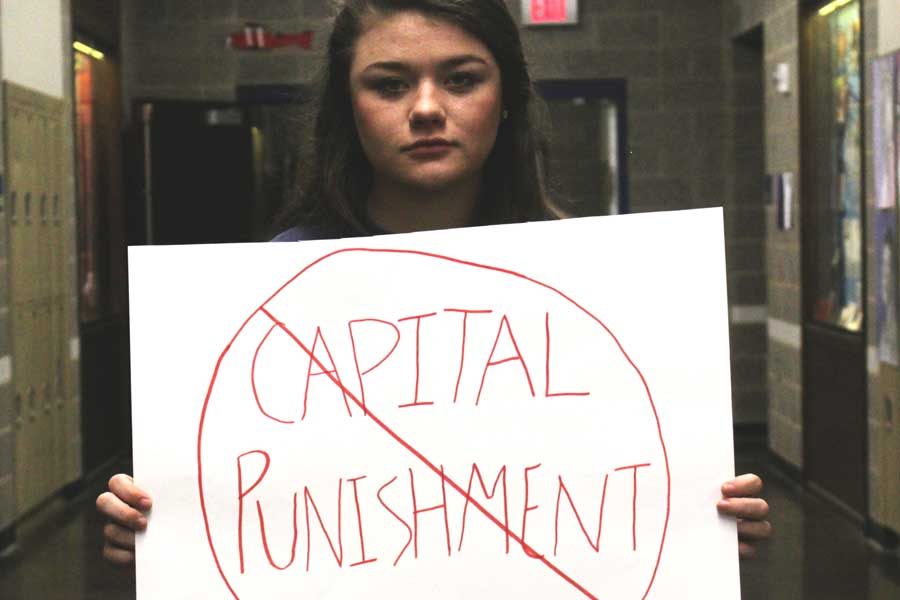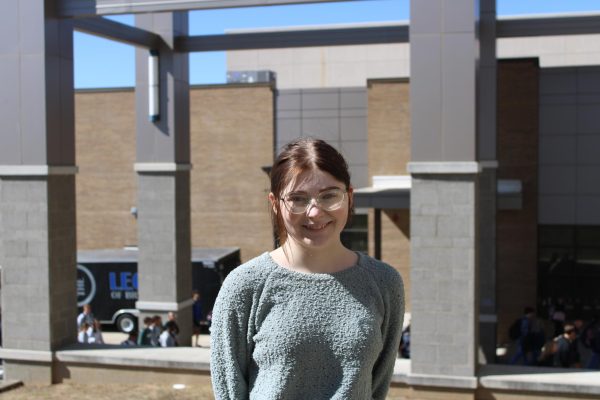The Death Penalty Debate
November 28, 2016
The choice between Hillary Clinton and Donald Trump was not the only difficult decision voters made Nov. 7. The longstanding topic of capital punishment, or the legally authorized killing of someone as punishment for a crime, was on the ballot in three states.
Capital punishment is used in 30 states and has been abolished by 20 states sinces its reinstatement in 1976. Arkansas, among many other states in the South, such as Alabama, Florida and Tennessee, uses capital punishment.
“I do not believe capital punishment should be allowed in the United States,” senior James Lasley said. “All my political views go back to my faith, and that is where I come from. I have been shown a lot of mercy in my life, and so I think [the United States] should show that amount of mercy to others.”
Sophomore Payton Modica also does not support the use of capital punishment; however, she has different reasons than Lasley.
“We can take the criminal’s life, but nothing comes from that,” Modica said. “The victim’s family doesn’t get the person that they lost back. I think suffering in prison is a much more just punishment than death.”
Statistic Brain reports that 65% of voters support the death penalty.
“I believe capital punishment should be allowed,” sophomore Malori Pendergrass said. “These criminals have taken the lives of others, so I think their life should be taken as well.”
Crimes that can result in capital punishment include rape, treason, espionage, terrorism, federal murder and large-scale drug trafficking.
“I think it depends on what crimes you committed,” junior Dakota Tarvin said. “If you killed or raped someone, I believe [you] should be given the death penalty. If you did something that horrible, you deserve to have something bad done to you.”
For sophomores in Shawn Regan´s english class, a debate over capital punishment helped students practice the ethics of debate as well as explore their thoughts on capital punishment.
¨All the facts brought up in the debate really helped me understand more about capital punishment,¨ Pendergrass said. “I knew what capital punishment was, but I did not know any statistics or details. Now I feel like I am better informed.”
Students discuss capital punishment with their families as well.
“Even me and my mom discuss this topic,” Lasley said. “She disagrees with me, and that is okay, because it is good to see both sides of the argument. While I might disagree, I can still respect [her] point of view because I know [she has] a good reason for feeling that way.”




